Pixel 7 and Pixel Watch: Samsung-Google alliance gets stronger - could be a threat for Android
This article may contain personal views and opinion from the author.
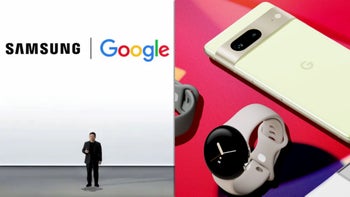
Samsung and Google. Google and Samsung… Although some might assume so, I wouldn't say the two companies are in a "love-hate" relationship. I think it's more of a 'you need me, I don't need you' sort of an entanglement… But let's get to it...
The Samsung-Google collaboration has gone a very long way since their first smartphone project dating back to 2009-2010, when Samsung made the first Galaxy - this one of course, ran on Android, which was made by Google (or if not exactly made, at least commercially sponsored by the company). At the time, Samsung specialized pretty much exclusively in hardware, while Google was sat on the opposite end of the spectrum with expertise in software and data.
And then... Whether it was thanks to witnessing the iPhone's successful example or not, both Samsung and Google quickly realized that good hardware doesn't go a long way without good software, and vice versa. So, they slowly but steadily started dipping their toes into each other's waters of expertise, and of course their paths were destined to cross... again... and again.
Speaking of the competition between the two tech powerhouses, Google's Nexus had the Android Market (now Google Play store) - Samsung had the Galaxy Store; Samsung had its own Hummingbird chips (now Exynos) - Google's first device outsourced processors from Qualcomm (which was Qualcomm's debut on Android); the first Galaxy had stellar hardware - Google deployed HTC to make equally good hardware for the Nexus One, and so on and so forth…
To cut an over-a-decade-long story short, Samsung began exploring ways of taking control over the Galaxy's software experience, while Google had to figure out a way to become a fully independent phone-maker that could build a phone from the ground up. In fact, at some point between 2010-2012, Google reached out to Samsung, and they collaborated and co-developed two new phones - the Google Nexus S and the Galaxy Nexus. Then (as you might know) Google moved on to working with various other manufacturers for the making of the Nexus (and later on Pixel).
Then followed a few rocky years in the Samsung-Google relationship where Google started pushing towards taking full control of its phones with the Pixel, while Samsung struck back by strengthening its relationships with Microsoft (to this day Samsung phones come with pre-installed Microsoft Office apps), and Bixby - the company’s own voice assistant. Samsung also eventually started developing its very own ecosystem of home devices.
Samsung and Google: Mending a broken relationship and partnering up against the competition (but also against each other)

But last year things took a u-turn!
Or in other words, over ten years after Samsung and Google's first collaborative projects, we got the Pixel 6, and Pixel 6 Pro. And despite the fact that they aren’t "made by Samsung", the Pixel 6 series of phones feature Tensor - a chipset that Google co-developed with the South Korean company; a Samsung-made primary camera sensor; and Samsung-made displays, amongst other tiny parts that make a phone work.
The Google Pixel 7 and Pixel 7 Pro will bring the second generation of Tensor (once again, based on an Exynos chip, but with Google's added ML cores) and as revealed in leaks, the Pixel Watch will use the Exynos 9110 SoC.
Will Samsung's Exynos chips hold Pixel 7 and Pixel Watch back?
And here comes one potential issue... The thing is that the Exynos 9110 SoC that's supposed to power the Pixel Watch is nearly a four-year-old piece of hardware found in Samsung's Galaxy Watch Active (from 2019), and I don't know about you, but it looks a little bit… dated to me.
Furthermore, as discussed in my "Pixel 6 and Tensor after 7 months" story, the most remarkable thing about the Pixel 6 and Pixel 6 Pro has been how the Samsung-made Tensor allowed Pixel to become the smartest phone in the world. That being said, I concluded that I didn’t find that Tensor (in combination with Android 12) managed to make Pixel 6 and Pixel 6 Pro as reliable or as powerful as an iPhone or even a Galaxy flagship, which, of course, are the phones to beat.
Sure, Google made it clear that Tensor isn't and won't be chasing CPU and GPU records. However, the current version of Tensor is about 70% less powerful than the latest iPhone and about 15% less capable than the Galaxy S22 Ultra (according to Geekbench). Even worse, we just recently got to take a look at leaked benchmarks from Tensor 2, which indicated that the Pixel 7 Pro will likely lag behind the competition (once again).
Furthermore, as discussed in my "Pixel 6 and Tensor after 7 months" story, the most remarkable thing about the Pixel 6 and Pixel 6 Pro has been how the Samsung-made Tensor allowed Pixel to become the smartest phone in the world. That being said, I concluded that I didn’t find that Tensor (in combination with Android 12) managed to make Pixel 6 and Pixel 6 Pro as reliable or as powerful as an iPhone or even a Galaxy flagship, which, of course, are the phones to beat.
Sure, Google made it clear that Tensor isn't and won't be chasing CPU and GPU records. However, the current version of Tensor is about 70% less powerful than the latest iPhone and about 15% less capable than the Galaxy S22 Ultra (according to Geekbench). Even worse, we just recently got to take a look at leaked benchmarks from Tensor 2, which indicated that the Pixel 7 Pro will likely lag behind the competition (once again).
To add to the mix, the original Tensor (in combination with Android 12) seem to be extremely power-hungry. Despite having the same battery size as the Galaxy S22 Ultra (5000 mAh), the Pixel 6 Pro lasts about 20-25% less on a single charge with real-world use, and about 40% less than, compared to the current battery life champ, the iPhone 13 Pro Max.
All of this leads me to believe that despite the strategic Samsung alliance, there might be better alternatives for Google when it comes to chipsets, but also that a stronger Samoogle partnership might turn out to be rather harmful for Android as a whole. So, let’s talk about it all…
Is it too late for Google to move away from Samsung and can MediaTek be Google’s future chip partner for Pixel 8?
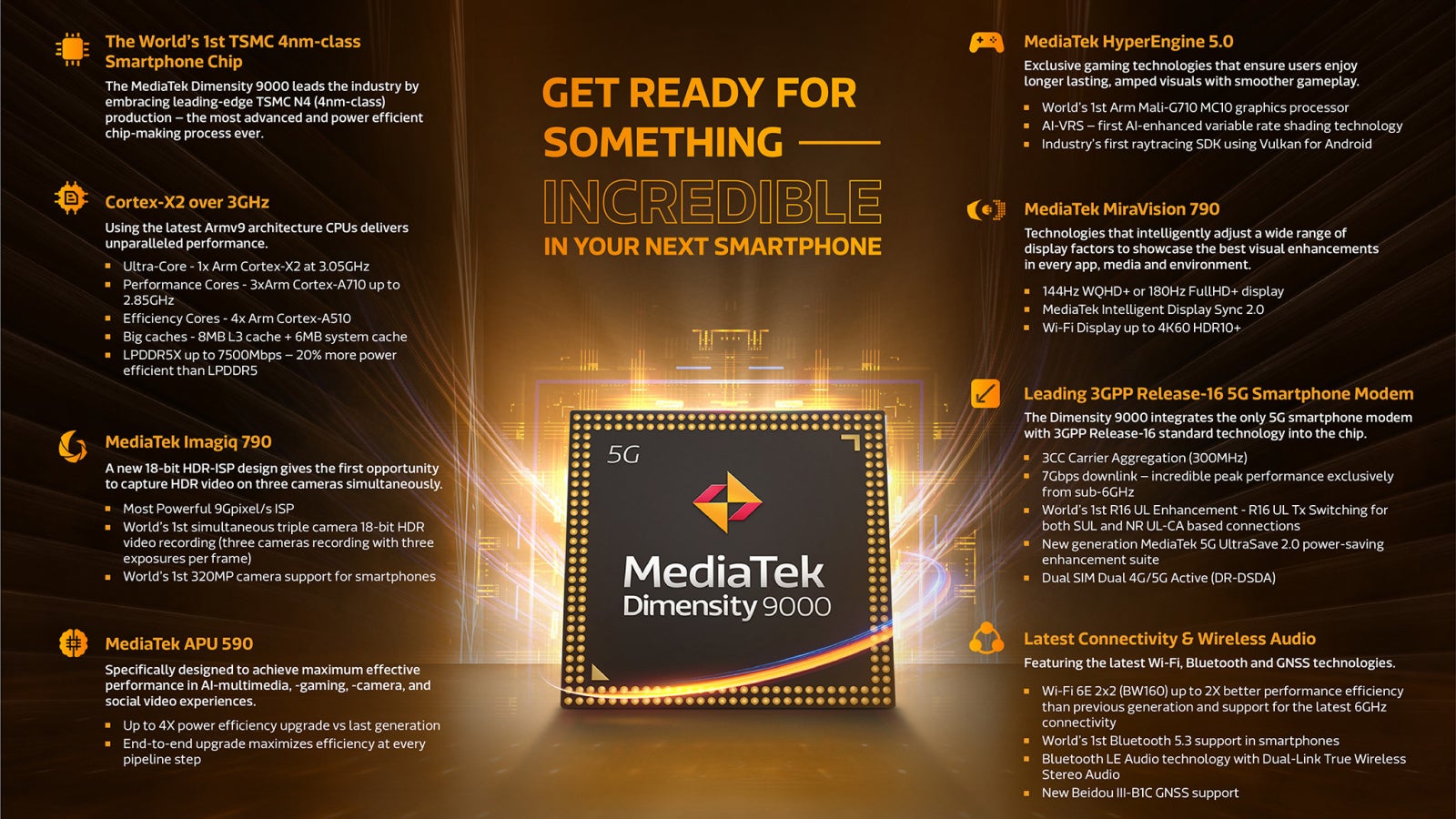
So, to reiterate, Google’s long-awaited original Tensor chip turned out to be not all that original, but also certainly not as powerful or as power-efficient as expected. Despite the fact that Samsung and Google’s first attempt doesn't seem to have lived up to the expectations, we already know that Pixel 7 and Pixel 7 Pro will use another Samsung-transformed Exynos, which will end up being Tensor 2.
Now, sure… The Taiwanese chip maker doesn’t have the greatest reputation when it comes to their past processors, but it seems like the times have changed now (more than ever)! MediaTek's continuous push for improvement seems to finally be paying off...
Today, the company's Dimensity series of chips deliver performance that's as stable as the competition's and often even better, at least according to benchmarks. The company’s latest original processors have been used in a number of phones with great reviews and reputation - and this is probably not something we would've been able to say five years ago, but here we are…
Some of the examples include the OnePlus Nord 2, OnePlus Nord 2T, Honor 70 and Honor 70 Pro, and of course, Vivo's X70 and X80 series of phones, which also happen to dominate the market when it comes to photography (which should appeal to Google). In fact, we've even heard rumors of future Samsung flagships, including the upcoming Galaxy S22 FE that might switch to using MediaTek-made chips instead of Samsung’s own Exynos processors.
MediaTek’s Dimensity chips can outperform their Samsung, Qualcomm, and Apple (!) counterparts when it comes to sustained loads
So, let’s talk about performance!
Take the 4nm Dimensity 9000 chip, for example. According to Geekbench, it outperforms the Snapdragon 8 Gen 1 by some 15-20% when it comes to raw CPU power, and Antutu says the two chips are on par when it comes to GPU performance. But benchmarks aren’t everything., right?
A real-world test by Golden Reviewer - a reputable Twitter and YouTube tech enthusiast shows that the flagship Dimensity 9000 and mid-range Dimensity 8100 chips outperform their Samsung and Qualcomm rivals when it comes to sustained loads. The cherry on top is that MediaTek's latest chips manage to top Apple's A15 Bionic (from the iPhone 13 Pro) when it comes to average frame rates while playing Genshin Impact - one of the most demanding mobile games (53 fps for the Dimensity 9000/8100 versus 49 fps for the iPhone).
MediaTek's silicons also seem to be better optimized for gaming as a whole, as their overall performance is maintained for longer gaming sessions compared to both the Galaxy S22 Ultra and iPhone 13 Pro Max. MediaTek's approach when it comes to heavy tasks like gaming seems to be much more balanced, allowing the phones to perform well in the long run instead of focusing on maintaining 60fps for as long as possible and then dropping to the very unpleasant 20-30 fps after the heat starts creeping in (which is the way the iPhone 13 Pro Max does things).
To conclude the performance part of this section, I simply want to say that I wouldn’t take any of what MediaTek's managed to achieve lightly! In fact, when you think about it, this is a monumental moment for smartphones and Android in particular! Another chip has managed to finally surpass Apple’s flagship processor when it comes to heavy-duty tasks? Aha.
MediaTek's silicons also seem to be better optimized for gaming as a whole, as their overall performance is maintained for longer gaming sessions compared to both the Galaxy S22 Ultra and iPhone 13 Pro Max. MediaTek's approach when it comes to heavy tasks like gaming seems to be much more balanced, allowing the phones to perform well in the long run instead of focusing on maintaining 60fps for as long as possible and then dropping to the very unpleasant 20-30 fps after the heat starts creeping in (which is the way the iPhone 13 Pro Max does things).
To conclude the performance part of this section, I simply want to say that I wouldn’t take any of what MediaTek's managed to achieve lightly! In fact, when you think about it, this is a monumental moment for smartphones and Android in particular! Another chip has managed to finally surpass Apple’s flagship processor when it comes to heavy-duty tasks? Aha.
MediaTek’s chips seem to be a great computational photography platform too
And quickly going back to the Vivo X80 Pro series that I mentioned earlier, this device manages to integrate Vivo's V1+ in-house image processing chip (for handling immediate image processing tasks), alongside the Dimensity 9000 (the phone also has a Snapdragon version).
The combination of Vivo's imaging expertise and the Dimensity 9000 allow the X80 Pro to be one of the best phones for taking photos available today. In fact, it wouldn’t be wrong if I said that the X80 Pro appears to be the current HDR and ultra-wide-angle camera champ on the market, and it's not even close (take a look at this story if you want to see a photo comparison).
Interestingly, the Vivo X80 Pro's primary camera uses what the company calls the GNV sensor. If it sounds familiar, that’s because this is a Vivo-exclusive variant of the Samsung-made GN1 sensor - also found in the Google Pixel 6 and Pixel 6 Pro. No getting rid of Samsung, huh?
In the end: The Samsung-Google strategic partnership goes way beyond Tensor, but could this be a threat to Android as a whole?
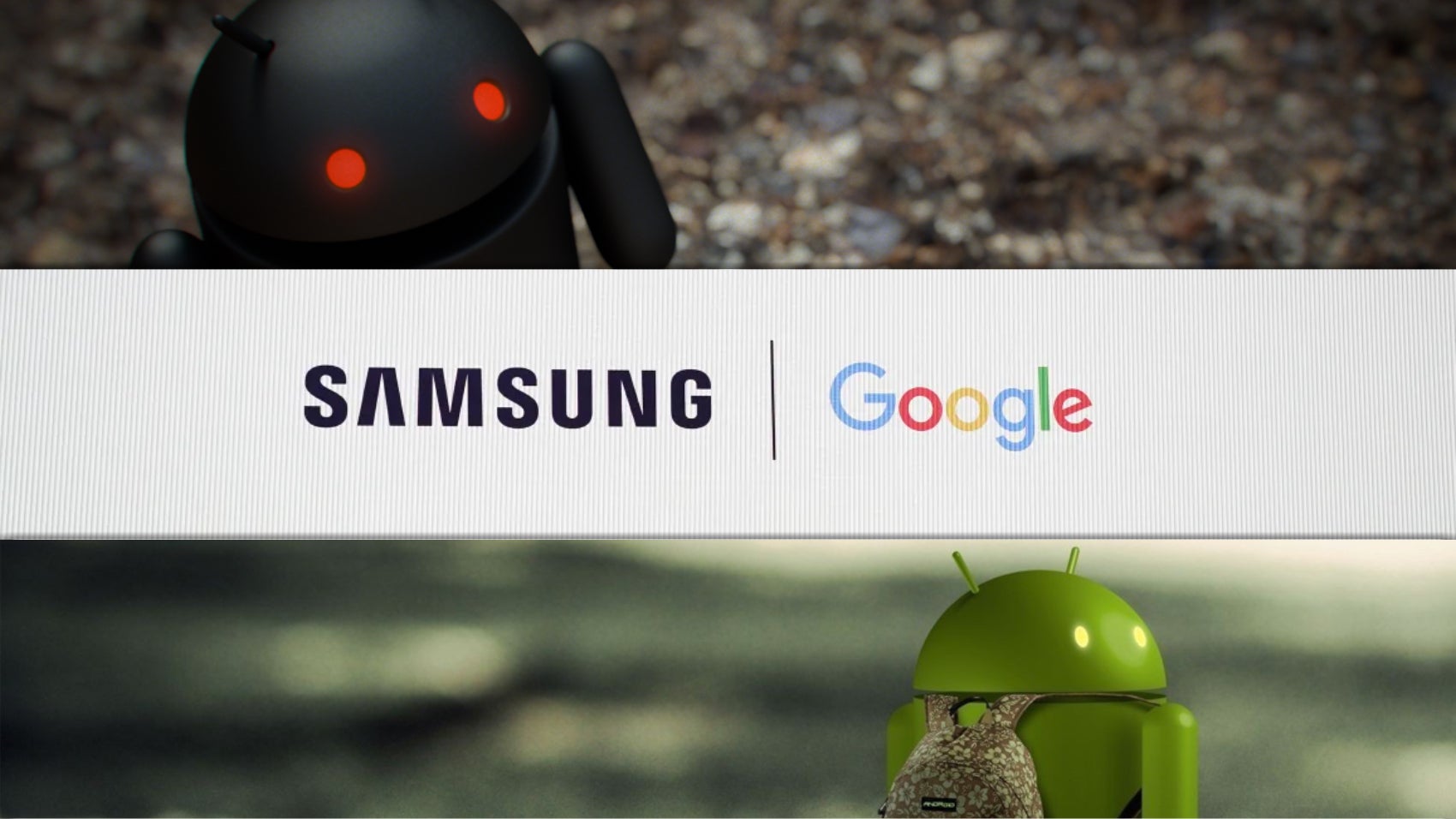
If I'm going to make the argument for MediaTek's chips in more Android phones, including the Pixel, I can't skip to mention that MediaTek's flagship chips are also believed to be cheaper to get, compared to Qualcomm's (and possibly Samsung's). But is it worth the trade-off? That's the question.
Google's partnership with Samsung seems to go far beyond just the Tensor collaboration. It seems... strategic.
Furthermore, whether it's because of the significantly improved relationship with Google, Galaxy software updates now arrive much quicker than they used to (which is great). To add to that, Samsung's also transitioning its Tizen OS smartwatches into WearOS watches. Of course, Google can only win from all that…
Google needs samsung
Remember - Google is a service provider and a data collector in the first place. Quite literally, 99% of Google's revenue comes from services and the cloud, including Android apps and services and their ability to make use of (our) data to help Google sell more... ads.
So, the fact that Android's biggest manufacturer is now ready to embrace Google's apps and services stronger than ever and strengthen their once shaky relationship, is massive for Sundara Pichai & Co and could be the main reason why Google might continue outsourcing hardware from Samsung, even if there are better alternatives out there.
Samsung needs Google
On the other hand, Samsung also needs Google's partnership and approval. To understand how dependent on Google Samsung is, just imagine a scenario in which the South Korean company finds itself in a situation where it has to give up its full access to GMS (like Huawei).
Android apps heavily rely on Google's core services to work because a large number of developers use Google's humongous data collection to make them function. For instance, Uber uses data from Google Maps, and WhatsApp uses Google Drive to let you backup your chat history. A ton of banking apps also rely on Google's core services to work. As you can see, we aren’t talking about simple photo editing apps or games here.
Google aside, this strategic alliance could turn out to be a threat for Android as a whole. Imagine if Samsung and Google decide that only Samsung phones will ever be able to get 4-5 years of software updates; that the first and only phone that gets an Android update after Pixel is the Galaxy, or that owning a Samsung phone is the only way to get a 4-month YouTube Premium trial for free (which is exactly what’s happening right now).
Anyway, I stay cautiously optimistic, but I’d keep my eye on that Samoogle love story. The smartphone world already has a big fruity monopoly - we don’t need a duopoly too. And, hey… Perhaps Google is planning to go full Apple and make its own processor and ditch Samsung entirely? Who knows…




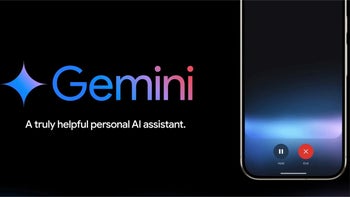
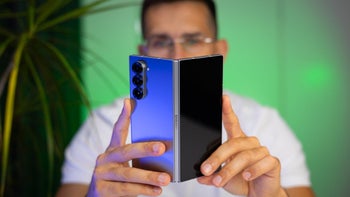
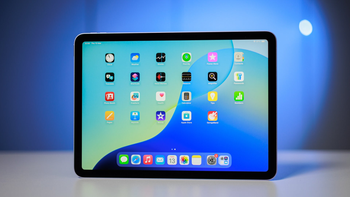
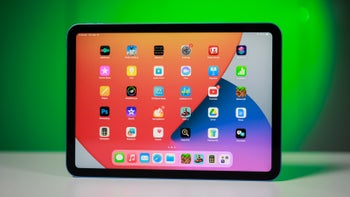
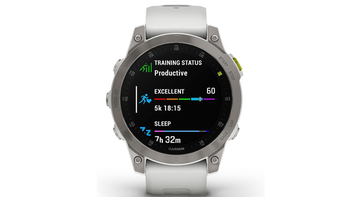
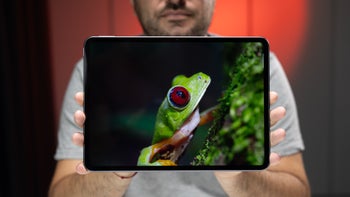
Things that are NOT allowed: